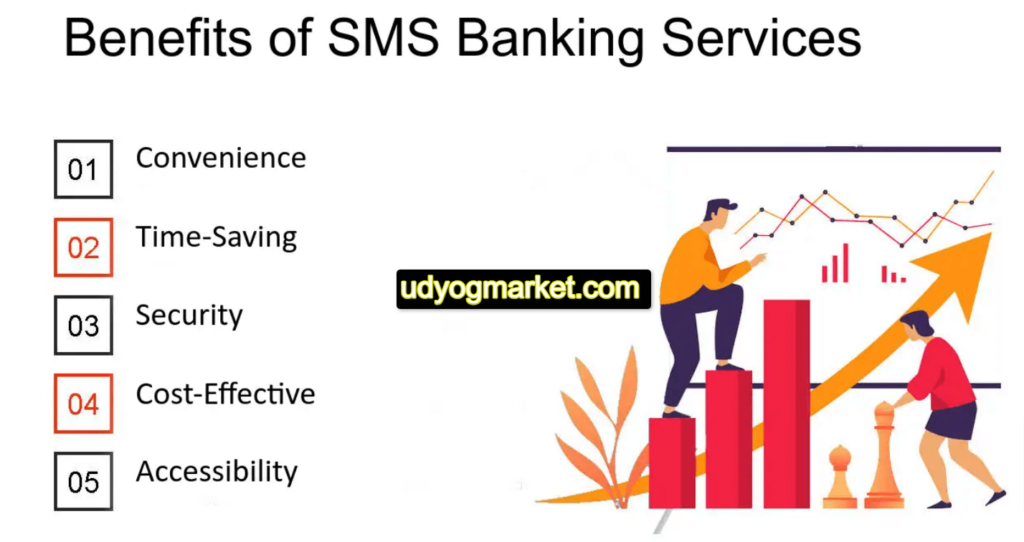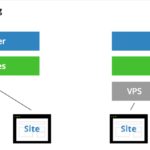Introduction
In the fast-paced world of technology, communication has evolved tremendously, and one of the most significant advancements is the use of Short Message Service (SMS). In India, SMS notification services in India have become an integral part of various sectors, notably banking. The transformative impact of SMS account alerts in India, examining how they have revolutionized communication and notification services across the country.
The Rise of SMS Notifications in India
As mobile phones gained widespread adoption in India, SMS emerged as a simple yet effective means of communication. Initially used for personal messaging, it quickly caught the attention of businesses and service providers as a valuable tool for reaching a vast audience. The advent of SMS notifications marked a paradigm shift, especially in the banking sector. Banks in India swiftly recognized the potential of SMS alerts to enhance customer experience, streamline communication, and provide real-time updates on financial transactions. This marked the beginning of a new era in customer service, as banks started offering SMS account alerts to keep customers informed about their account activities.
The Role of SMS Account Alerts in Banking
1. Real-time Transaction Updates
SMS account alerts play a pivotal role in providing customers with real-time updates on their financial transactions. Whether it’s a debit or credit transaction, account balance, or ATM withdrawal, customers receive instant notifications on their mobile phones. This real-time information empowers individuals to stay on top of their finances and detect any unauthorized transactions promptly.
2. Enhanced Security Measures
Security is a top priority for banks, and SMS notifications contribute significantly to enhancing the security of financial transactions. With instant alerts for every transaction, customers can quickly identify and report any suspicious activity, allowing banks to take immediate action to safeguard their accounts.
3. Payment Reminders and Due Dates
SMS account alerts also serve as a convenient tool for reminding customers about upcoming payment due dates. Whether it’s a credit card payment, loan instalment, or utility bill, timely notifications help individuals avoid late fees and maintain a positive financial standing.
The Impact on Customer Experience
1. Convenience and Accessibility
SMS notifications offer unparalleled convenience to customers, allowing them to stay connected with their bank accounts without the need for internet access. This level of accessibility is particularly beneficial for individuals in remote areas or those with limited access to online banking services.
2. Empowering Financial Literacy
The regular flow of information through SMS alerts plays a crucial role in enhancing financial literacy among customers. By providing updates on account balances, transactions, and due dates, individuals gain a better understanding of their financial health and can make informed decisions.
3. Building Trust and Confidence
Transparent communication through SMS alerts builds trust between banks and customers. When individuals receive prompt updates on their transactions, they develop confidence in the security measures implemented by their bank. This trust is vital for maintaining a strong and lasting relationship between financial institutions and their customers.
Challenges and Innovations in SMS Notifications
1. Security Concerns
While SMS notifications have proven to be a secure means of communication, the rise of phishing attacks and SMS scams poses a challenge. Banks continually innovate and implement advanced encryption and authentication measures to ensure the security of SMS alerts.
2. Customization and Personalization
Recognizing the diverse needs of their customer base, banks are working on enhancing the customization and personalization features of SMS notifications. This includes allowing customers to choose the types of alerts they want to receive and setting preferences for the frequency of notifications.
3. Integration with Digital Platforms
In the era of digital banking, integration with other digital platforms is crucial. Banks are exploring ways to seamlessly integrate SMS notifications with mobile apps and online banking portals to provide a unified and user-friendly experience for customers.
The Future of SMS Account Alerts in India
1. Expanding to New Sectors
While SMS notifications have become synonymous with banking, their potential extends to various other sectors. Industries such as healthcare, e-commerce, and government services are increasingly adopting SMS alerts to provide timely updates and notifications to their stakeholders.
2. Advancements in Technology
With advancements in technology, the future of SMS notifications may see the integration of artificial intelligence and machine learning. This could enable more sophisticated and personalized alerts, further enhancing the user experience.
3. Focus on Two-Way Communication
Future developments may also involve a shift towards more interactive and two-way communication through SMS. This could include features like responding to SMS alerts to perform certain actions, providing feedback, or initiating customer support requests.
4. Financial Inclusion and Outreach
One of the remarkable contributions of SMS account alerts in India is the promotion of financial inclusion. As a vast population gains access to basic banking services, SMS notifications act as a bridge between financial institutions and customers. This has a profound impact on rural areas, where individuals may not have easy access to physical banks but can receive critical updates on their mobile phones.
5. Adoption of UPI and Digital Payments
The surge in the adoption of Unified Payments Interface (UPI) and digital payment methods in India aligns seamlessly with the role of SMS notifications. Banks leverage SMS alerts to notify customers about successful transactions, and payment confirmations, and even provide dynamic QR codes for quick and secure payments. This synergy between SMS notifications and digital payment methods contributes to the broader goal of a cashless economy in India.
6. Emergency Notifications and Alerts
Beyond routine banking transactions, SMS notifications also play a crucial role in disseminating emergency information and alerts. Banks use SMS alerts to notify customers about changes in interest rates, policy updates, or even potential natural disasters affecting banking services. This real-time communication ensures that customers are well-informed and can take necessary actions promptly.
7. Green Banking Initiatives
The adoption of SMS notifications aligns with green banking initiatives, contributing to environmental sustainability. As more customers receive electronic alerts instead of traditional paper statements, the carbon footprint associated with banking transactions decreases. This shift towards digital communication is a positive step in fostering environmentally responsible banking practices.
8. Regulatory Compliance and Reporting
Regulatory bodies in India have recognized the efficiency and transparency offered by SMS notifications. Financial institutions use SMS alerts to ensure compliance with regulatory requirements, such as notifying customers about changes in terms and conditions, disclosure of fees, and providing annual financial statements. This streamlined communication aids banks in adhering to regulatory standards while keeping customers well-informed.
Conclusion
SMS account alerts have undeniably transformed communication and notification services in India, particularly in the banking sector. The real-time updates, enhanced security measures, and positive impact on customer experience make SMS notifications an invaluable tool for both financial institutions and customers. As technology continues to evolve, the future promises even more innovations in SMS alerts, shaping the way businesses and organizations communicate with their audiences in India and beyond.






